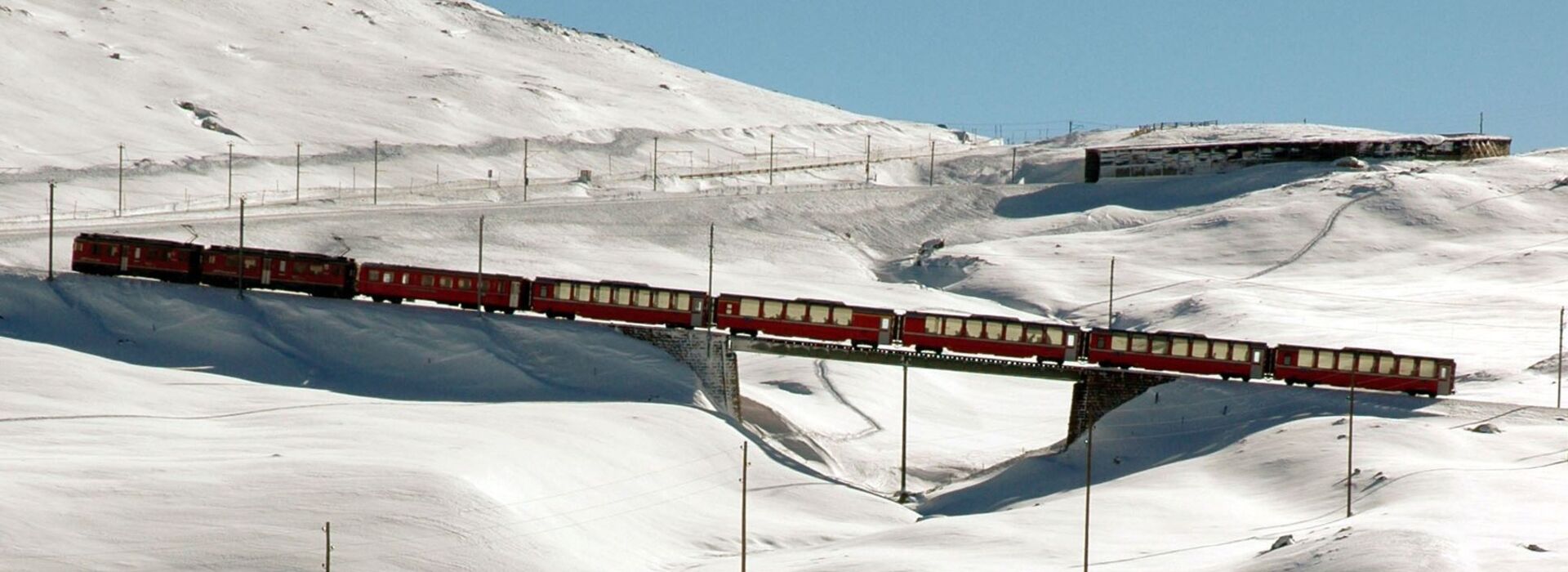
Transport Working Group
Transport plays an integral role in the life of people living in the Alps. It is crucial to the region’s economy and to flows of people and goods beyond the Alps. However, it is the only sector with increasing CO2 emissions and its impacts include air pollution, noise pollution, land-use, and the fragmentation of ecological habitats, all of which are intensified by the distinct topography of the Alps.
The Transport Working Group was established to elaborate and negotiate the Transport Protocol, adopted in 2000. Since then, the group meets regularly to ensure cooperation between Alpine countries on the development and enactment of sustainable transport measures.
The first objective of the Transport Protocol is "to pursue a sustainable transport policy which will reduce the negative effects of and risks posed by intra-Alpine and transalpine transport to a level which is not harmful to people, flora and fauna and their environments and habitats” (art. 1 (a)).
Previous areas of work of the Working Group have been the analysis of daily mobility in the Alps after COVID-19 and the application of the EuroVignette Directive in the Alpine perimeter. In its 2025-26 mandate, the group focuses on the Alpine cycling network, vertical public transport systems, the decarbonisation of freight and logistics, and sustainable tourism mobility, always taking the specificity of the Alpine region into account.
Chair:
France
Contact:
Michel Pinet, French Ministry for the Ecological Transition
michel.pinet@developpement-durable.gouv.fr
Overview of activities, documents, and results
- Mandate until the XIX Alpine Conference
- Activity Report 2023-2024
- AFIR-Cooperation stakeholder-meeting - Accelerating the electrification of road transport in the Alps (2024)
- Nuremberg Workshop - Opportunities of digitalisation for transalpine intermodal freight transport (2024)
- Decarbonisation of Alpine freight transport - assessing the implementation of the energy transition in transalpine logistics (2024)
- Report on the Eurovignette Directive (2022)
- Climate neutral Alpine mobility (2022)
- Potential analysis of existing and new technologies for the promotion of a sustainable passenger transport in the Alpine region (2022)
- Daily mobility in the Alps after Covid crisis recovery (2022)
- Activity Report 2021-2022
- Activity report 2019-2020
- Towards a modal shift of transalpine freight transit (2020)
- Reduction of mobility demand and shift to environmentally sustainable modes: strategies and measures in the Alps (2020)
- Air quality – measures on sustainable mobility in the Alpine towns & cities (2020)
- Activity Report 2016-2019
- Innovation in Rail Freight: an important contribution to more competitiveness of rail transport (2019)
- Assessment of external costs induced by noise in mountainous areas (2018)
- Deployment of Alternative Fuels Infrastructure - Implementing the EU Directive 2014/94/EU on the Alpine territory (2018)
- Synthesis of questionnaire on application of Directive Eurovignette (2016)
- Bibliographical review on traffic-related external environmental costs (2016)
- Analysis of innovative logistics solutions such as rolling highways or solutions for other sustainable modes of long-distance Alpine crossing transport (2016)
- Ecological quality of passenger and goods transport in the Alpine area (2011) - available in German, French, Italian, and Slovenian
- First Report on the state of the Alps: Transport and Mobility in the Alps (2007)
- The real costs of transport in transalpine corridors (2007) - available in German, French, Italian, and Slovenian
- Cooperation on Alpine Railway Corridors (2006)
Sub-group "Sustainable Mobility" (2008-2014)
- Alp Info Net Handbook "Better informed, better travel" (2015)
- Sustainable mobility solutions in remote Alpine territories (2014)
- Full report
- Executive summary
- Brief synthesis - available in German, French, Italian, and Slovenian
- Sustainable Solutions for logistics and urban freight delivery in the Alpine Region (2014)
- Full report
- Executive summary
- Brief synthesis - available in German, French, Italian, and Slovenian
- Report Alpine Urban Mobility (2011)
- Tourist Sustainable Mobility in the Alps - available in German, French, Italian, and Slovenian
- Public transport accessibility of Alpine tourist resorts from major European origin regions and cities. Synthesis Report (2008)
- Sustainable Mobility in the Alps. Examples of Good Practices and Analysis of the Mobility System (2008) - available in German, French, Italian, and Slovenian; Annex
